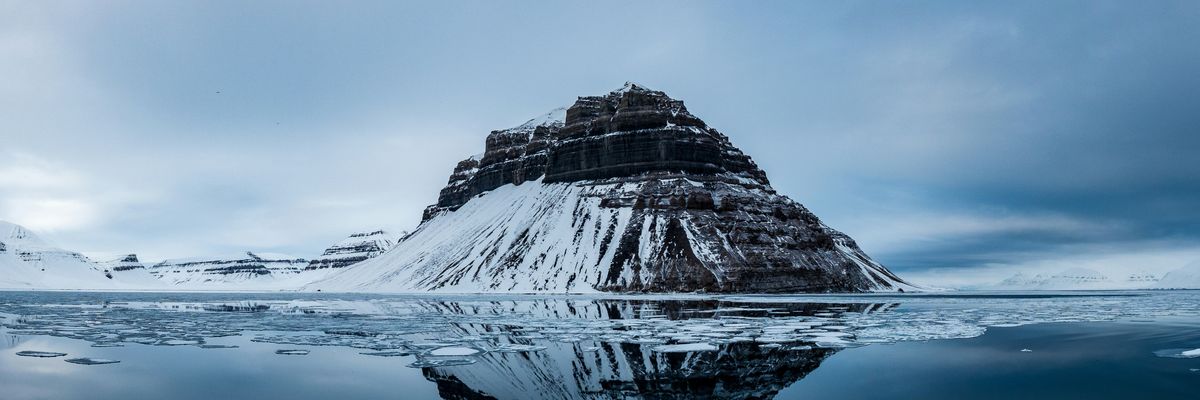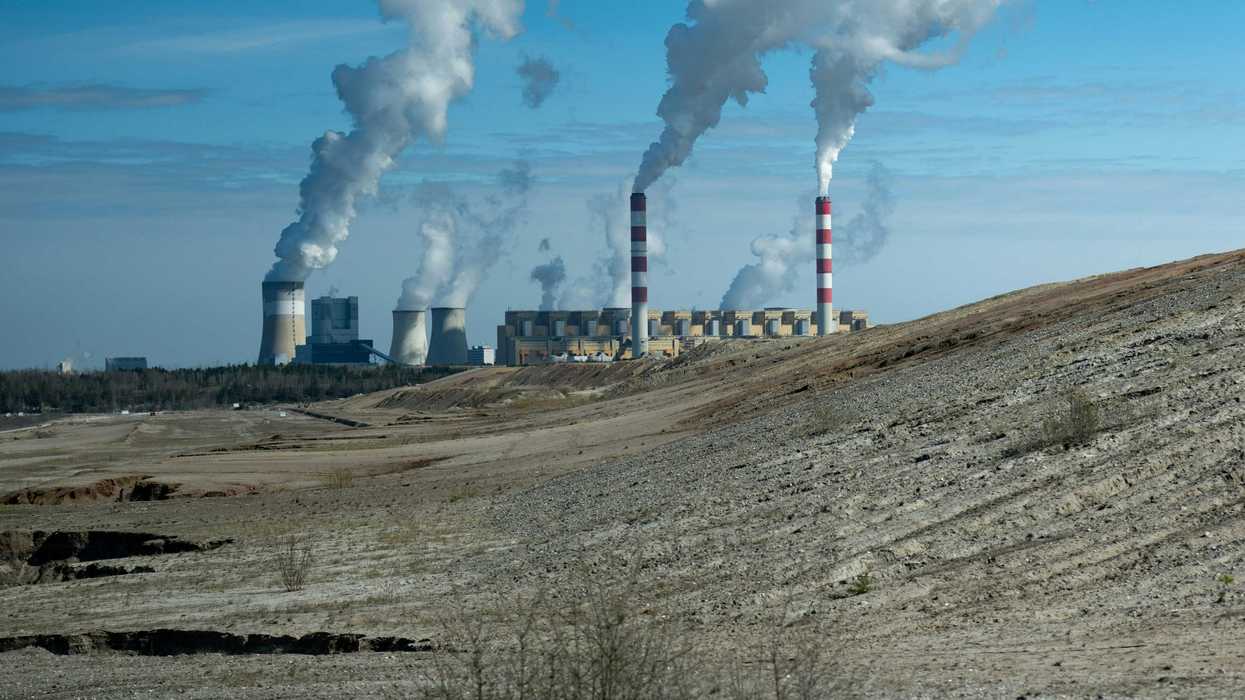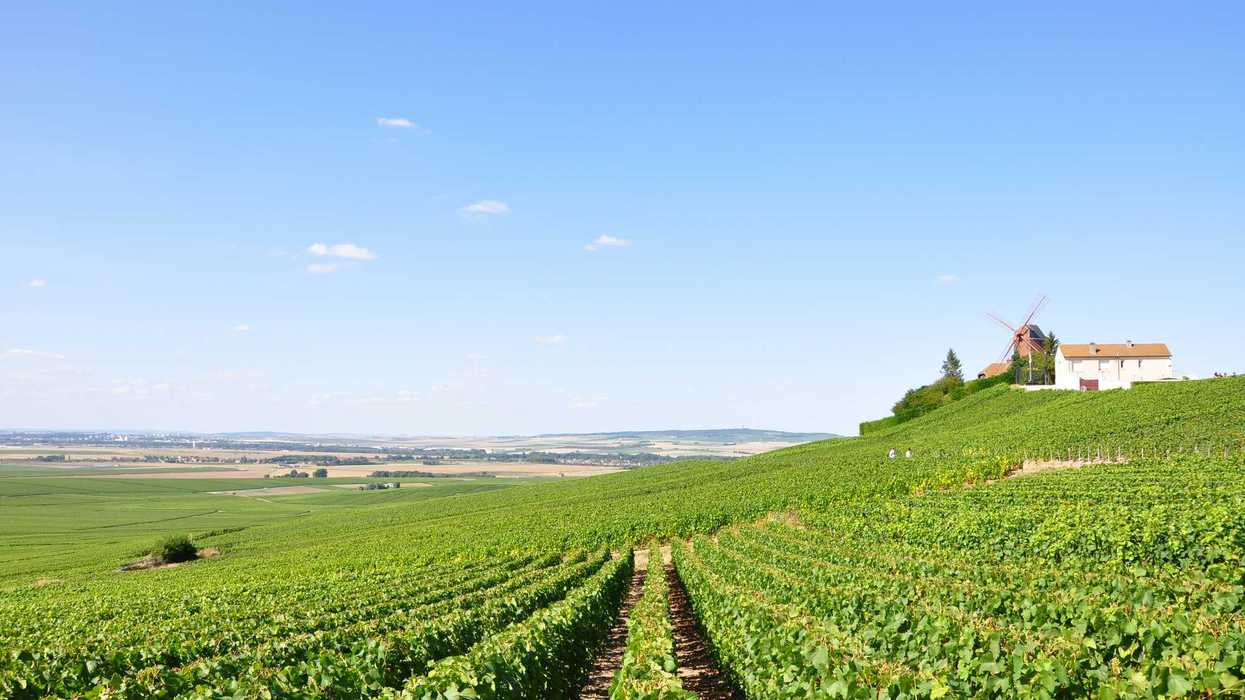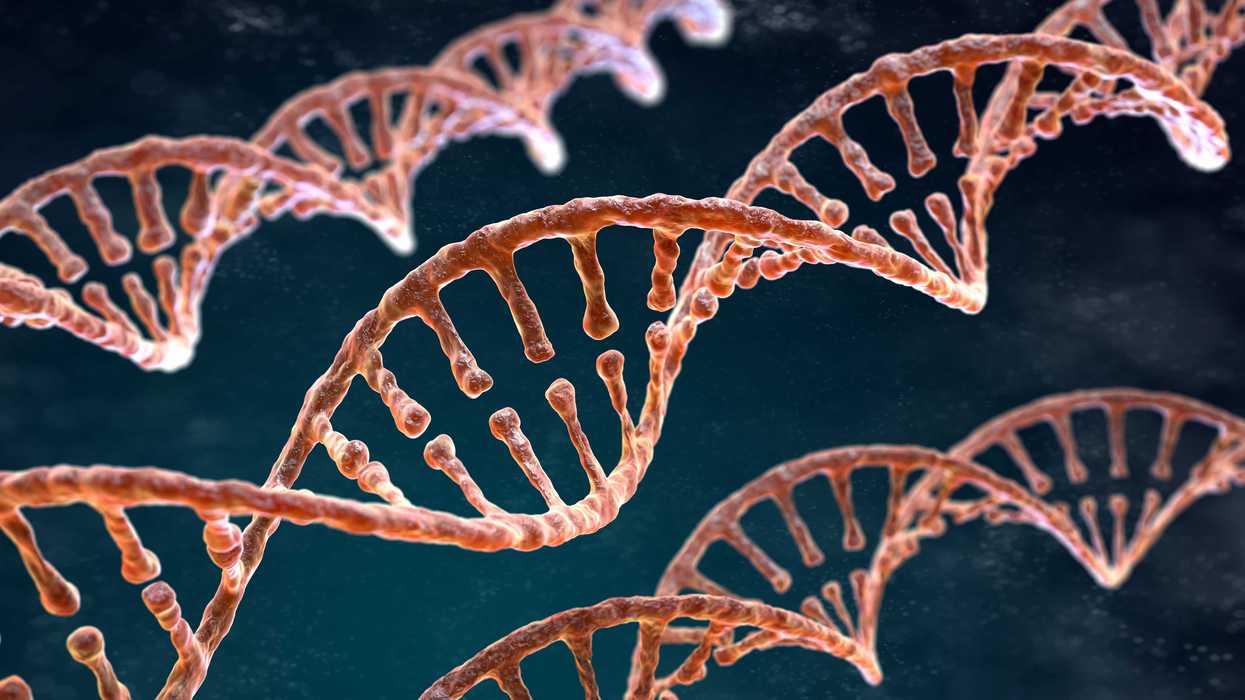Scientists working on Norway’s Svalbard archipelago in February found thawed permafrost and active methane-spewing microbes during what should have been the depths of winter.
In short:
- February temperatures reached 40 °F on Svalbard, melting snow and pooling water in a month that normally averages 5 °F.
- Thawed soils awakened methanogenic bacteria that emit methane, while an ice crust trapped the gas and intensified Arctic feedback loops.
- Loss of sea ice and moisture-laden clouds mean the archipelago is warming six to seven times faster than the global average.
Key quote:
“We call this the new Arctic — this is not something that is a one-off.”
— Donato Giovannelli, geomicrobiologist at the University of Naples Federico II
Why this matters:
Permafrost locks away twice the carbon now swirling in the atmosphere, but when it thaws that frozen stockpile turns into carbon dioxide and methane, the latter warming the planet more than 80 times as much as CO₂ over 20 years. The Arctic’s rapid shift therefore threatens to amplify heatwaves, floods, and crop failures far south of the pole, squeezing public-health budgets and stressing food and energy systems on which billions rely. As higher temperatures invite shrubs and trees to colonize tundra, darker ground absorbs more sunlight, erasing one of Earth’s natural mirrors and quickening the melt. Svalbard’s shock thaw offers a glimpse of a future in which feedback loops, once theoretical, move into real time.
















